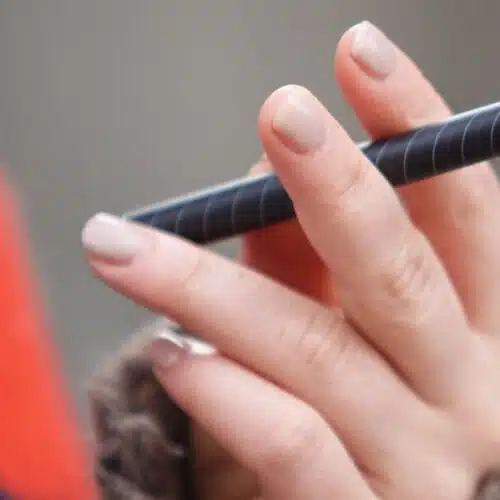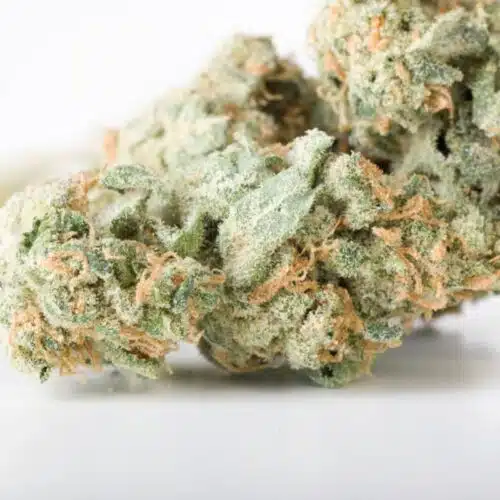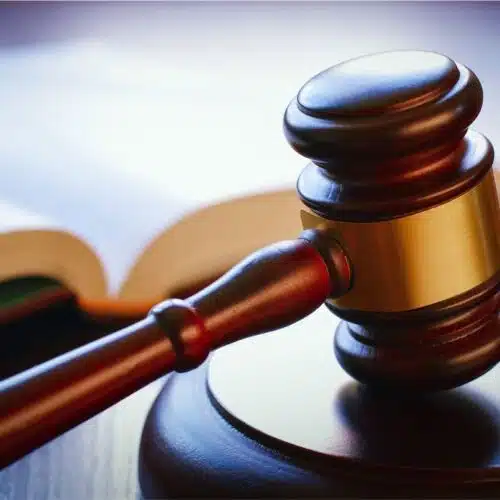It Would Take 40% Of the DEA’s Budget To Raid All Dispensaries – In Just Los Angeles
A Mississippi bill would legalize medical marijuana for qualifying patients in the state, setting the foundation to effectively nullify the unconstitutional federal prohibition on the same.
Introduced by Rep. Joel Bomgar (R-Madison), House Bill 179 (HB179) would ensure that any “qualifying patient who possesses a valid registry identification card is not subject to arrest, prosecution, or penalty in any manner.” The bill will be considered by the Mississippi State House during the 2017 legislative session.
Patients would be able to qualify for medical marijuana if they suffered from one of the following ailments listed in HB179:
cancer, glaucoma, spastic quadriplegia, positive status for human immunodeficiency virus (HIV), acquired immune deficiency syndrome (AIDS), seizures, amyotrophic lateral sclerosis (ALS), Crohn’s disease, multiple sclerosis, ulcerative colitis, intractable pain, or any other serious medical condition or its treatment added by the department, as provided for in Section 5 of this act.
Medical marijuana patients would be allowed to designate a caregiver under HB179, which would permit another individual the legal authority to grow the plant on behalf of the qualifying patient. Dispensaries would be permitted to operate as well provided that they comply with the tax and regulatory structure established by the State Department of Health. Patients would be allowed to possess 2.5 ounces of marijuana at a given time.
Despite the federal prohibition on marijuana, measures such as HB179 remain perfectly constitutional, and the feds can do little if anything to stop them in practice.
LEGALITY
The federal Controlled Substances Act (CSA) passed in 1970 prohibits all of this behavior. Of course, the federal government lacks any constitutional authority to ban or regulate marijuana within the borders of a state, despite the opinion of the politically connected lawyers on the Supreme Court. If you doubt this, ask yourself why it took a constitutional amendment to institute federal alcohol prohibition.
Legalization of medical marijuana in Mississippi would remove a huge layer of laws prohibiting the possession and use of marijuana, but federal prohibition will remain on the books.
FBI statistics show that law enforcement makes approximately 99 of 100 marijuana arrests under state, not federal law. By curtailing state prohibition, Mississippi sweeps away much of the basis for 99 percent of marijuana arrests.
Furthermore, figures indicate it would take 40 percent of the DEA’s yearly annual budget just to investigate and raid all of the dispensaries in Los Angeles – a single city in a single state. That doesn’t include the cost of prosecution either. The lesson? The feds lack the resources to enforce marijuana prohibition without state assistance.
A GROWING MOVEMENT
Mississippi could join a growing number of states simply ignoring federal prohibition, and nullifying it in practice. Colorado, Washington state, Oregon and Alaska have already legalized recreational cannabis with California, Nevada, Maine, and Massachusetts set to join them after ballot initiatives in favor of legalization were passed in those states last year.
With more than two-dozen states allowing cannabis for medical use as well, the feds find themselves in a position where they simply can’t enforce prohibition any more.
“The lesson here is pretty straight forward. When enough people say, ‘No!’ to the federal government, and enough states pass laws backing those people up, there’s not much the feds can do ” Tenth Amendment Center founder and executive director Michael Boldin said.
[CTA_Daily_Dose image_alt=”Subscribe to the Daily Dose” image_url=”https://medicalmarijuana411.com/wp-content/uploads/daily-dose-870×108.png” image_link=”https://medicalmarijuana411.com/the-daily-dose/”][/CTA_Daily_Dose]
WHAT’S NEXT?
HB179 will need to receive a committee assignment and be approved in its committee before it can be considered by the full House.
From: The Tenth Amendment Center


